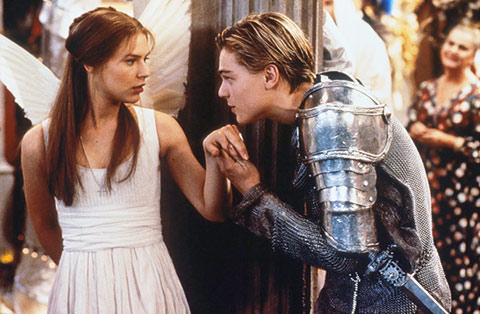Literary and theatrical tastes change, but contemporary directors and audiences alike seem to have an endless appetite for the Bard’s most popular works. Jenny Hall spoke to English professor Holger Syme about Shakespeare’s modern-day appeal.
Why is Shakespeare still so popular?
There are two very different answers depending on which Shakespeare we’re talking about. For the last 300 years or so, Shakespeare has had two quite distinct lives, one on the page and one on the stage. On the literary side, Shakespeare is exceptional – but not quite as unique as we might think. He is one of the few authors who have always been in the canon of standard texts of English literature. This group also includes Chaucer and Milton; and there are authors like this in other national canons as well.
And on the stage?
Not long after his death, Shakespeare’s work survived because most theatre makers had a limited respect for the text. In Shakespeare’s version of King Lear, for example, both Lear and his daughter Cordelia die. But by the late 17th century, King Lear had acquired a happy ending, revised because audiences preferred this more optimistic conclusion. In the 19th century, that changed and the consequences are still with us. It became desirable to stage the plays exactly as they were written, or at least advertise them as such. By the end of the century, some people even tried to perform them as they might have looked in Shakespeare’s day.
What do you think about this approach?
If it makes for interesting theatre, why not? But I think the demand to be “faithful” to Shakespeare is fraught with problems. For one thing, what does it mean to commit oneself uncritically to ideas and views of the world that are 400 years old? Shouldn’t the task be to figure out how to bring those works of the distant past into a dialogue with the present? I worry that an excessive respect for his works has anesthetized their theatrical power.
“Historically accurate” stagings have the additional problem that they give people an illusion of authenticity, when really such authentic contact with how these plays were staged in Shakespeare’s time would require the actors and the audiences to transform themselves into Elizabethans. As is, this kind of performance can be good theatre – but it’s no more authentically “Shakespearean” than a Hamlet set in contemporary Toronto.
Do you like Shakespeare on film?
In North America, Shakespeare’s stage popularity – if that’s the right word – has a lot to do with not challenging audiences’ expectations too much. But on film, you can do things with Shakespeare that are genuinely popular precisely because they break with convention, like the Baz Luhrmann film version of Romeo and Juliet, with Claire Danes and Leonardo DiCaprio. I’m pretty sure that if Shakespeare were alive today he’d be writing for Hollywood. We don’t know a lot about him, but we do know that he liked to make money, and that he didn’t mind collaborating on his plays. I think he’d feel at home in a writers’ room.
Are there other reasons for Shakespeare’s enduring appeal?
Shakespeare was writing during a transformative period in Western history. He picked up on psychological ramifications and anxieties of that moment that are still with us. Shakespeare also has a habit of constructing his characters and plot lines in a way that includes a kind of strategic opacity – a term coined by the critic Stephen Greenblatt. He leaves gaps where you expect clarity. He often fails to provide crucial bits of information. This leaves the responsibility of constructing characters or making plots work to the director and actors or to the audience. This habit allows Shakespeare’s plays to be “newly completed” every time they’re read or staged. Shakespeare is an extraordinarily shifty writer. And it’s precisely because he’s hard to pin down that he can be constantly reinvented – but he also has to be. Shakespeare has stayed alive because he requires interpretation and reinterpretation.
Watch: a clip from Baz Luhrmann’s Romeo and Juliet





